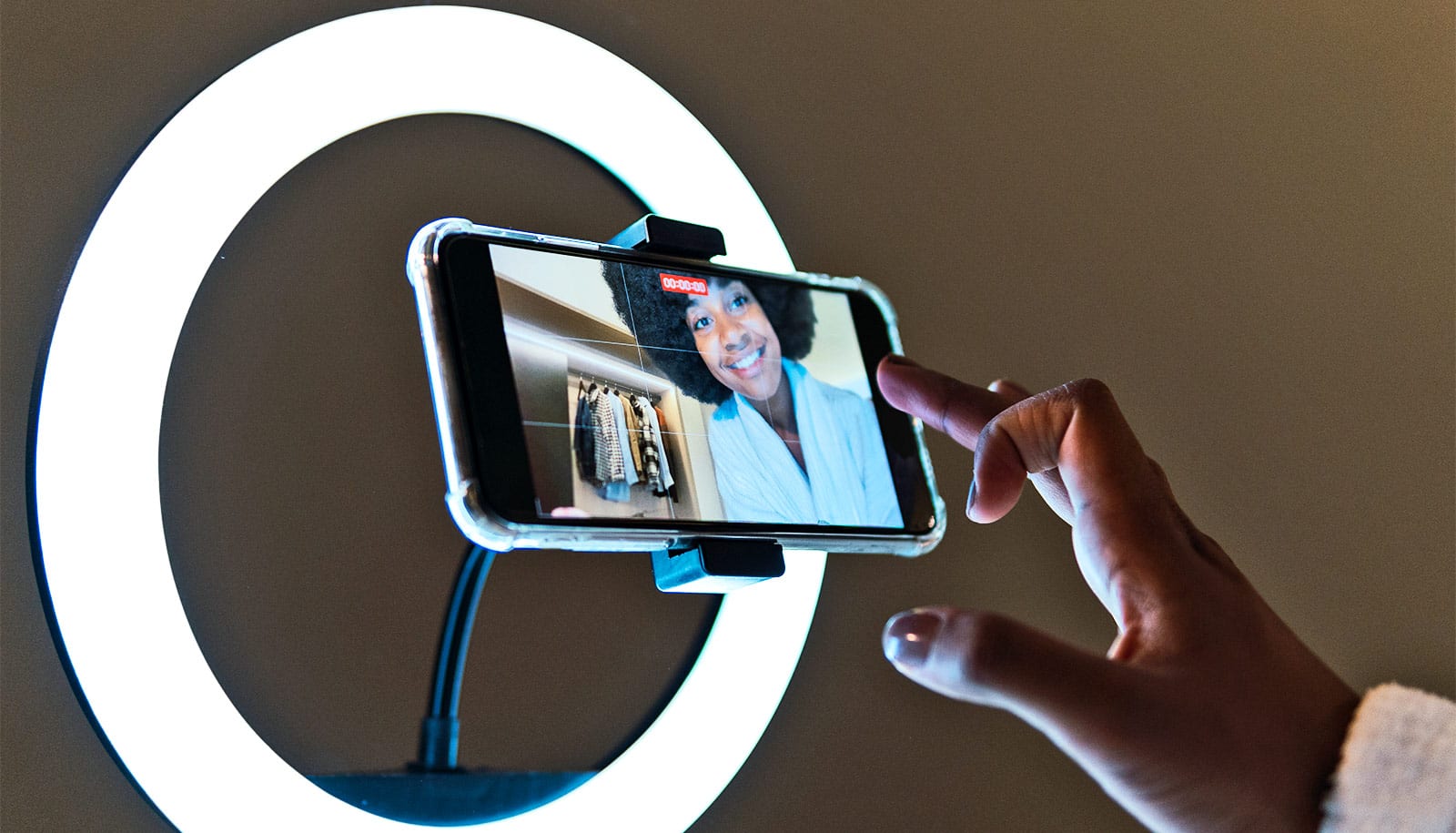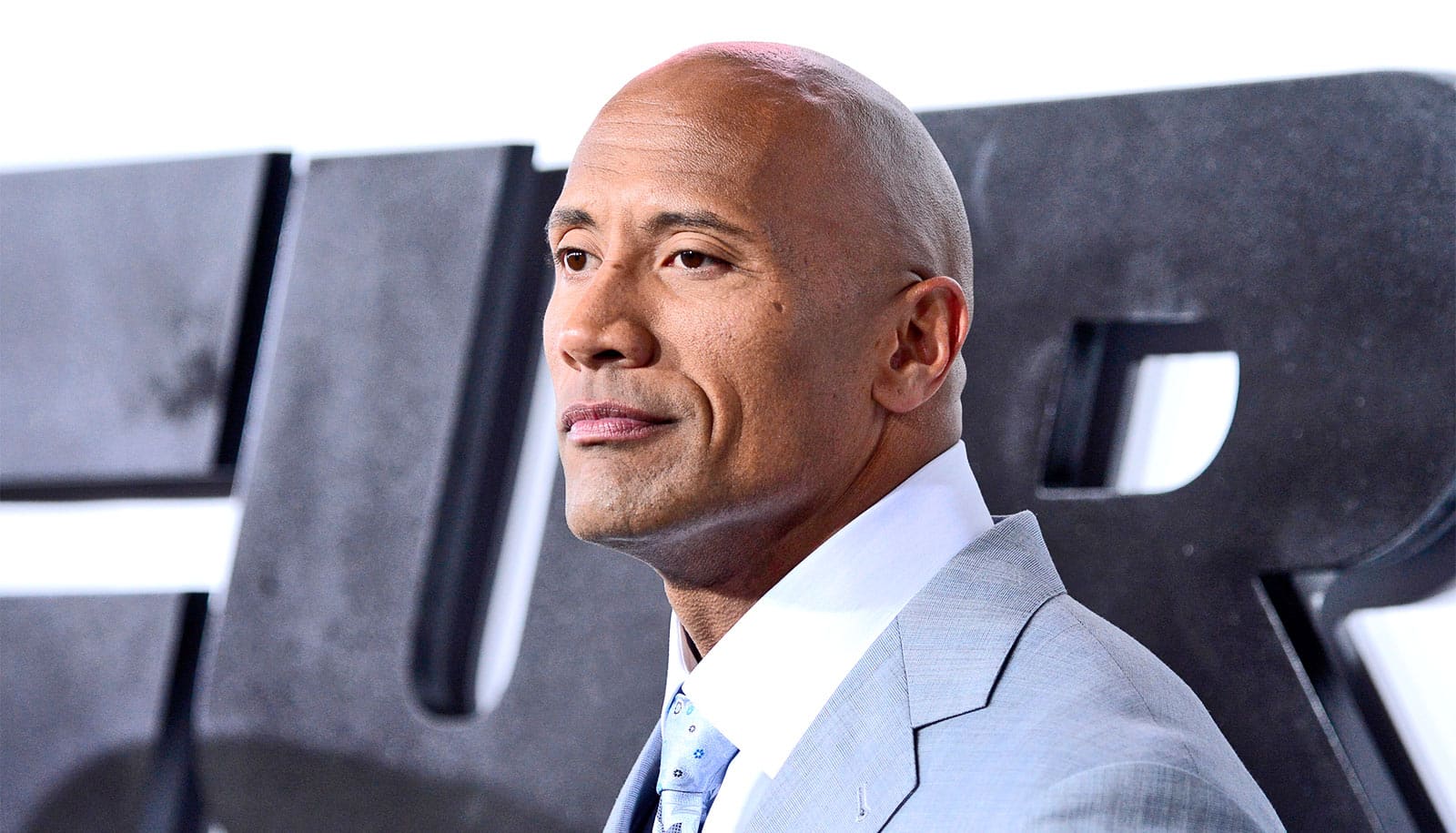A new study sheds light on the complex dynamics of authenticity in influencer marketing, revealing critical insights for brands, influencers, and marketing agencies.
The research in the Journal of Marketing was conducted by Barbara Duffek, assistant professor of marketing at Georgia State’s Robinson College of Business, and three co-researchers.
The team conducted 185 in-depth interviews with consumers, influencers, brand managers, and the leadership of influencer marketing agencies to explore how influencers and brands can collaborate effectively to foster genuine consumer connections.
The study highlights that authenticity is not just an inherent characteristic of influencers but a result of an evolving relationship between influencers, brands, and consumers. The findings suggest that authenticity is influenced by five core properties:
- Expertise. Influencers’ ability to demonstrate deep understanding and experience in their niche.
- Connectedness. The emotional bond between influencers and their audience, fostered through genuine interactions.
- Originality. The uniqueness of storytelling and creative content that resonates with followers.
- Transparency. Open communication about brand partnerships, including the use of AI in content creation.
- Integrity. The perceived motivations of influencers in endorsing brands, emphasizing passion over financial incentives.
“We found that an influencer doesn’t have to have all five properties to be considered authentic. One property could be absent, and the other properties offset it to still be seen by consumers as genuine,” says Duffek.
“For example, an influencer does not have to be an expert like a dermatologist to give skincare advice, as long as they are a consistent content creator about the topic of skincare.”
Another surprising finding is that the rise of generative AI in influencer content does not necessarily erode authenticity. Instead, when influencers are transparent about AI’s role in scripting, editing, and enhancing their work, it can strengthen trust and credibility among followers.
A key tension identified in the study is the conflict between influencer creativity and brand control. Many influencers reject partnerships that impose rigid scripting, as audiences favor content that reflects influencers’ unique storytelling styles. When influencers are given creative freedom within brand guidelines, engagement and authenticity significantly increase.
The study provides actionable recommendations for both influencers and brands:
- Brands should prioritize selecting influencers whose values align with their own, rather than solely focusing on follower count.
- Influencers should maintain transparency regarding their brand partnerships and ensure that sponsored content aligns with their genuine interests.
- Marketing agencies should act as mediators, ensuring that brand expectations do not compromise influencer originality.
With influencer marketing projected to exceed $24 billion by 2025, the study’s findings offer a roadmap for brands and content creators seeking long-term success. By fostering authenticity through expertise, connectedness, originality, transparency, and integrity—whether individually or in combination—stakeholders can build sustainable and meaningful influencer-brand relationships.
Source: Georgia State University



